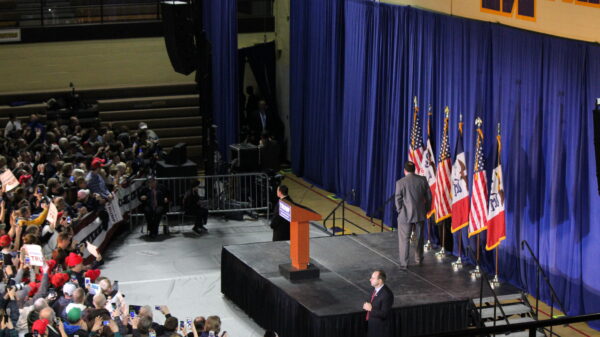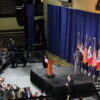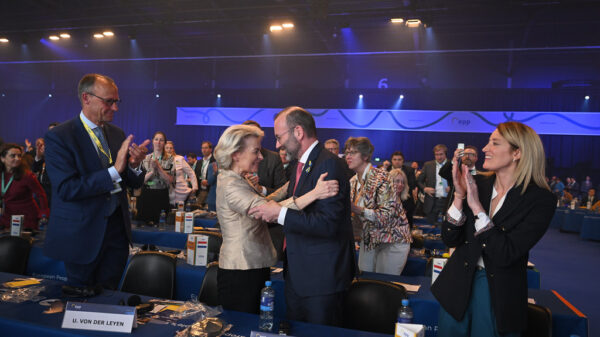Geneva, New York, Brussels, Addis Ababa and Paris have all their eyes turned to the Central African Republic as  tragedy unfolds.
The former French colony erupted into chaos last March when a Muslim rebel group – the Selekas – seized power in a country where 80% of the population is Christian. One of their leaders, Michel Djododia, was installed as the new President of the Republic, the first Muslim to assume that position since the Central African Republic’s independence in 1960.
The coup unleashed violence as Christian militias took to arms to defend their families. The anti-balaka, or anti-machete as they call themselves, have committed reprisal killings on Muslim civilians and have precipitated the awful reality of civil war.
The Catholic Archbishop of Bangui Dieudonné Nzapalainga, and Imam Oumar Koline Lanzana, the head of the country’s Islamic community, have urged the UK to back the EU forces and plan for a larger UN peacekeeping mission. Despite this, for now the UK has no intention of doing more than helping with logistics and participating financially.
Ban Ki Moon’s speech in Geneva and the EU’s meeting at the end of January have highlighted the seriousness of the situation. The country is plagued by interreligious violence. A million people have been displaced, over 2000 killed and half of the population is in need of aid.
The UN also warns of possible spill over effects. The CAR is bordered by Sudan in the East, the DRC and Congo in the South, and Chad and Cameroon in the North: countries with long histories of political violence. Chad had a civil war between the Christian of the South and the Muslim of the North that lasted 5 years, and the second Sudanese civil war ended in 2005 after 22 years, having caused the deaths of two million people due to the famine and diseases it engendered.
At the African Union’s Summit in Addis Ababa on the 30 January, the ongoing crisis in South Sudan and the strife in the CAR was very much on the agenda. The African Union was established in 2001 to replace its discredited predecessor, the Organization of African Unity, with the aim of promoting peace, security and stability on the continent. So far, it has failed miserably.
Ethiopian Prime Minister Hailemariam Desalegn, Chair of the African Union, said at the opening of the Summit: “We need to find urgent solutions to rescue these two sisterly countries from falling into the abyss. Failure to do so will have serious implications for peace and security in the region and indeed the whole continent.”
Even the election on 20 January of Christine Samba-Manza as the new President of the country might not be enough to bring the conflict to an end. A Christian who speaks Arabic, the President has urged both Selekas and anti-balaka to stop fighting. “I’m launching a resounding appeal to my anti-balaka children who are listening to me: show your support for my nomination by giving the strong signal of laying down your weapons. To my ex-Seleka children who are also listening to me: lay down your weapons.” Her voice has remained unheard and the conflict is now spiralling out of control.
In Boda, 60 miles West of Bangui, 75 people have been killed after former Seleka left the area and left the Muslim population to defend themselves from possible Christian attacks. The war is not between Selekas and anti-balaka any more, it is between Christians and Muslims who can not see humans in those fighting on the other side, but enemies and killers.
500 EU troops should arrive by the end of February to give a hand to the 1600 French troops and the 5000 African-led troops who are already there and trying to prevent the worst from happening. The 1994 genocide in Rwanda was the strongest blow to the conscience of the international community, and it cannot happen again.
The UN High Commissioner for Human Rights Navi Pillay said in a statement last week:Â “I call it as a matter of urgency upon the international community to strengthen peacekeeping efforts… many lives are at stake.”
But what if there is no peace to keep?
















